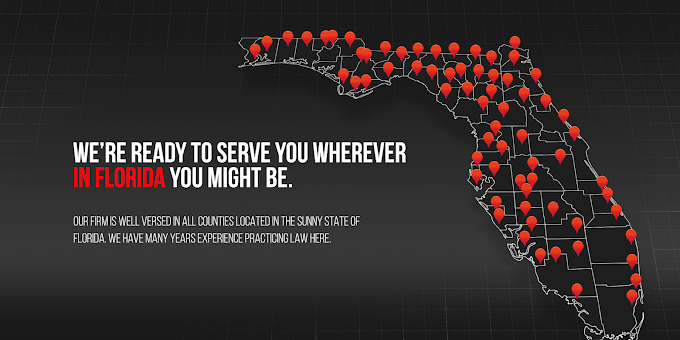






In criminal justice, expungement and sealing are pivotal legal processes offering individuals a chance to reclaim their lives after encountering the challenges of a criminal record. Expungement and sealing serve as mechanisms designed to mitigate the repercussions of past transgressions, providing individuals with the opportunity for a fresh start.
Expungement, involving the complete erasure of a criminal record, signifies a clean slate as if the offense never occurred. Sealing, in contrast, limits access to the form, preserving its confidentiality while allowing individuals to move forward with reduced public visibility.
This article aims to help you understand the definitions, distinctions, and specific implications of sealing vs expungement, particularly within the legal landscape of Florida.

The critical difference between sealing vs expungement is the complete erasure of a criminal record versus restricting access to it, making it confidential. In Florida, the decision to expunge or seal depends on factors such as the type of offense, eligibility criteria, and specific legal requirements.
Going into further detail, understanding the nuances between expungement and sealing in Florida is essential. Here are key points to consider:
The key difference between expungement and pardon lies in the granting authority and the subsequent impact on the individual’s criminal record. Expungement is a legal process initiated by the individual seeking relief from a criminal record, resulting in the removal or destruction of the paper.
In contrast, a pardon is a form of amnesty granted by a government authority, often the governor or president. When exploring the broader context of legal relief, understanding the differences between expungement and pardon is crucial.
Delving into further details, here are key considerations:

Expungement and sealing criminal records offer life-changing benefits extending far beyond the legal realm. These processes allow individuals to break free from the shackles of their past, fostering personal growth, social reintegration, and a renewed sense of self-worth.
Here are some of the transformative advantages of expungement and sealing:

As individuals embark on a brighter future, navigating the intricate legal landscape of expungement vs sealing in Florida requires knowledge, diligence, and a commitment to building a new chapter. Contract Erase the Case now and know the difference between expunged and sealed records!
The eligibility criteria for sealing and expungement in Florida typically include cases where charges were dropped, the individual was acquitted, or certain misdemeanor convictions.
The timeline for sealing and expungement in Florida is variable, generally taking several months. Factors influencing the duration include:
In Florida, law enforcement may still have access to expunged criminal records under specific circumstances, particularly during a criminal investigation. While record expungement offers confidentiality, it is not absolute, and individuals should be aware of potential exceptions.
No, Florida does not automatically expunge criminal records. Individuals must proactively petition the court for expungement, meeting specific eligibility criteria. This emphasizes the importance of taking deliberate steps to initiate the expungement process.
While navigating the expungement process without a lawyer is possible, legal representation is highly advisable. The complexities of eligibility criteria and procedural requirements in Florida can be challenging to navigate without expert guidance. A lawyer can ensure the process is conducted accurately, increasing the possibility of a successful outcome.

























